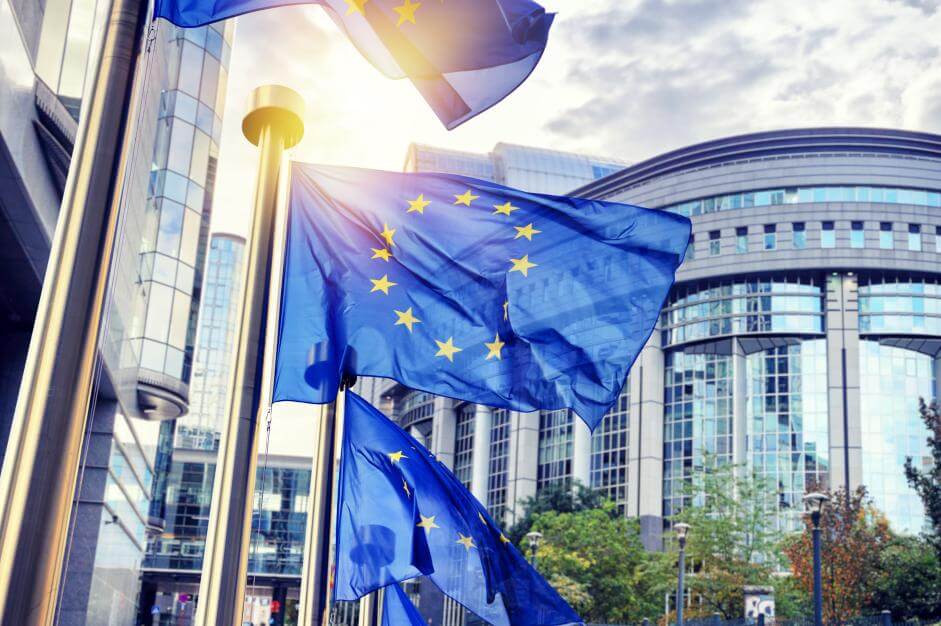
European Union Expansion: Objectives, Advantages, Challenges, and Future Prospects
The European Union (EU) has maintained a steadfast commitment to expanding its membership as a means to foster economic growth and ensure political stability within the region. This article delves into the EU’s expansion strategies, outlining its objectives, economic advantages, political implications, hurdles, and outlook for the future.
The roots of the EU’s expansion strategy can be traced back to the early days of European integration, emerging in the aftermath of World War II. The inception of the European Coal and Steel Community in 1951, which later evolved into the “Common Market” and eventually the EU, laid the groundwork for the integration of European economies and the pursuit of shared political goals. Over the years, the EU has progressively expanded its membership and currently encompasses 27 member nations.




